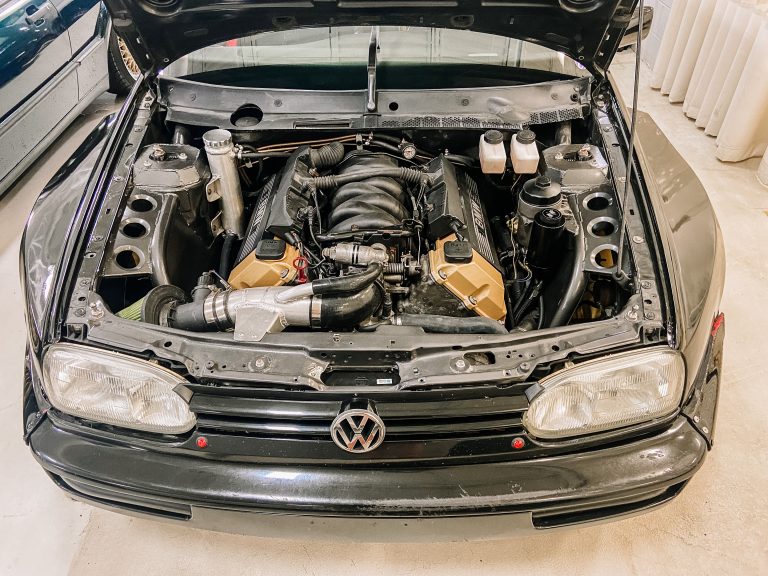The BMW 3 Series is a popular luxury car that is known for its performance, style, and reliability. To ensure that your BMW 3 series remains in top condition and continues to provide you with a great driving experience, it is important to follow a regular maintenance routine. In this article, we will discuss the essential steps to maintaining your BMW 3 Series.
1. Regular Oil Changes
One of the most important maintenance tasks for any vehicle, including the BMW 3 Series, is regular oil changes. The engine oil lubricates the moving parts of the engine and helps to keep it running smoothly. BMW recommends changing the oil every 7,500 to 10,000 miles or annually, whichever comes first.
2. Check Fluid Levels
In addition to oil, there are other fluids in your BMW 3 Series that require regular monitoring and topping up. These include coolant, transmission fluid, brake fluid, and power steering fluid. It is important to check these fluid levels regularly, as low levels can lead to engine damage or other mechanical problems.

Credit: www.peak-auto.com
3. Inspect and Replace Filters
The air filter and cabin air filter in your BMW 3 Series should be inspected and replaced regularly. A clogged air filter can reduce engine performance and fuel efficiency, while a dirty cabin air filter can impact the air quality inside the car. BMW recommends replacing the air filter every 30,000 miles and the cabin air filter every 15,000 miles.
4. Rotate and Balance Tires
Tire maintenance is crucial for both safety and performance. Regularly rotate your tires to ensure even wear and extend their lifespan. Additionally, have your tires balanced to prevent vibrations and ensure a smooth ride. BMW recommends rotating your tires every 5,000 to 7,000 miles.
5. Pay Attention to Brakes
The braking system is a critical component of your BMW 3 Series. Regularly inspect the brake pads, rotors, and calipers for wear and tear. If you notice any signs of brake problems such as squealing or grinding noises, reduced braking performance, or a spongy brake pedal, it is important to have your brakes inspected and serviced by a qualified technician.
6. Factory Scheduled Maintenance
Follow the factory recommended maintenance schedule for your BMW 3 Series. This includes major services such as spark plug replacements, timing belt changes, and fuel system cleaning. Adhering to the recommended maintenance intervals will help keep your BMW running at its best and potentially prevent costly repairs down the line.

Credit: www.hanceseuropean.com
Frequently Asked Questions For How To Maintain A Bmw 3 Series: Expert Tips For Longevity
How Often Should I Change The Oil In My Bmw 3 Series?
Oil should be changed every 7,500 to 10,000 miles or once a year to maintain optimal engine performance.
What Type Of Oil Should I Use For My Bmw 3 Series?
It’s recommended to use synthetic oil with the correct viscosity (check owner’s manual) to ensure proper lubrication and engine protection.
How Can I Improve The Fuel Efficiency Of My Bmw 3 Series?
Regularly maintain your vehicle, including proper tire inflation, regular oil changes, and avoiding excessive idling or aggressive driving habits.
What Are Some Common Maintenance Issues With Bmw 3 Series?
Common issues include electrical problems, coolant leaks, oil leaks, and worn-out suspension components. Regular inspections can help detect these issues early.
Conclusion
Regular maintenance is key to keeping your BMW 3 Series in top condition. By following these essential steps, you can ensure the longevity and performance of your vehicle. Remember to consult your BMW owner’s manual for specific maintenance recommendations and always seek professional assistance when needed. With proper care and attention, your BMW 3 Series will continue to provide you with many miles of driving pleasure.





